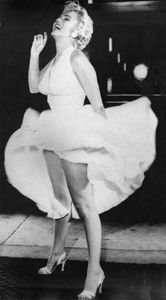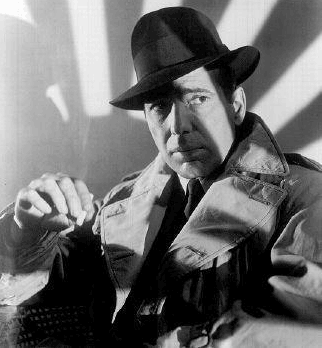
You know by now that nouns are either masculine or feminine. They have to be one or the other, since gender is an essential part of the French language.
Most adjectives, however, are hermaphrodites (like snails). They have two genders. Sometimes they are masculine, and sometimes they are feminine, depending on which noun they're used with.
Jules César était intelligent ![]() , mais Cléopatre était plus intelligente
, mais Cléopatre était plus intelligente ![]() .
.
And, like nouns, adjectives in French have plural forms.
Examples:
| Paul et John sont sympathiques et
intelligents. |
|
| Les soeurs de John sont particulièrement intelligentes. |
This agreement between an adjective and its noun (or pronoun) is not optional. And it is not dying out, like buying blue clothes for a boy and pink for a girl. 'Intelligent' is not the French word for intelligent, it's the masculine French word for intelligent. Yes, it seems so picky and tiresome, and surely everyone will still understand if you say 'Ma mère est intelligent', (what's one extra 'e' after all, or one extra 't' sound in spoken French)? But when it comes down to it, it grates, it's awkward, it sounds just plain wrong, like saying in English:
'Ahh, Marilyn Monroe, now wasn't he a darling?' or
'Humphrey Bogart, no one could deliver a line quite like her.'
 |
 |
And the funny thing is, this is still true even if it's a table you're insulting by describing with a masculine adjective. Gender is fully embedded in the language and can't be ignored just because you don't feel like it, or because it seems like a stupid idea.
(Word of comfort. It's not just French which has masculine and feminine
nouns and adjectives: you'll find them in all Romance languages (Spanish,
Italian, Portuguese, Romanian...), as well as in many other languages.
Moreover, the equivalent nouns in other Romance languages are nearly always
the same gender. Hooray! You learn them once and you're all set. (Genders
are usually different in non-Romance languages, though.))